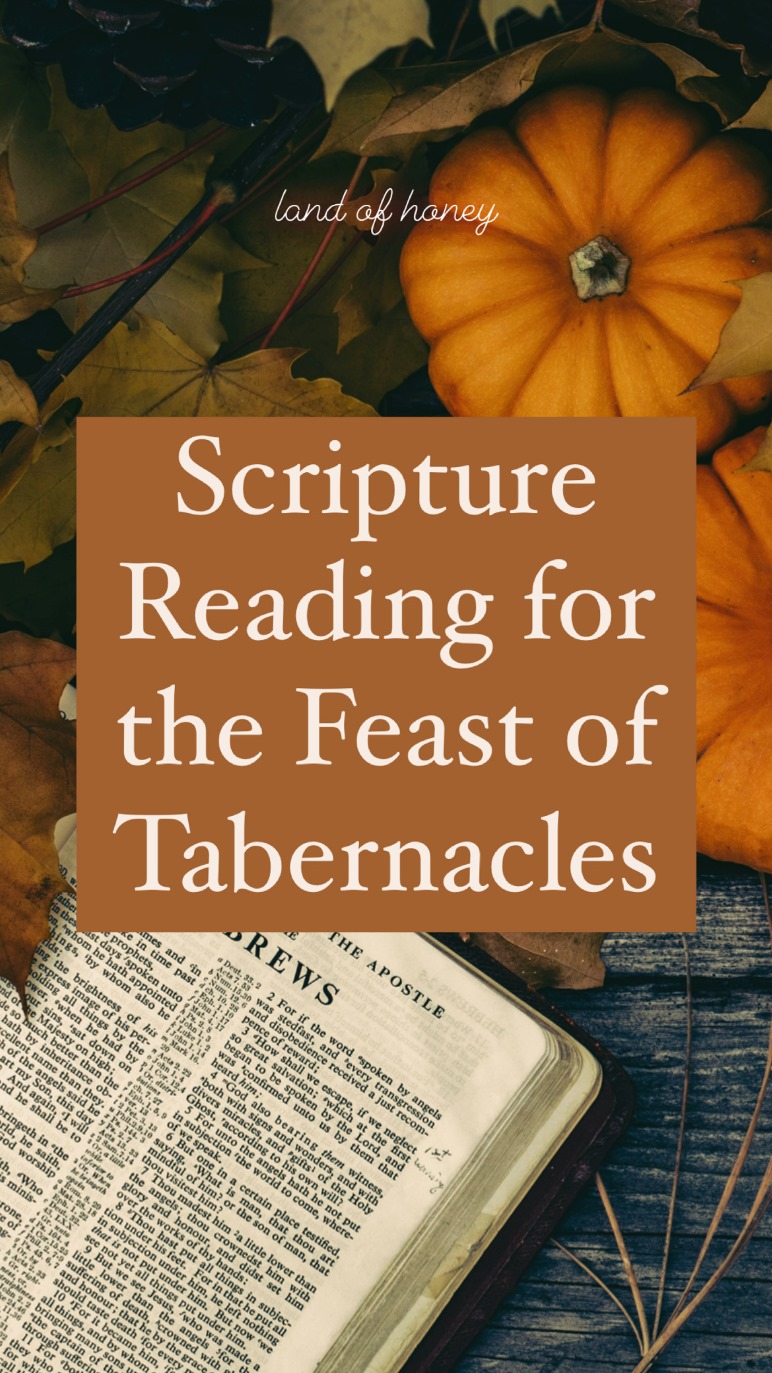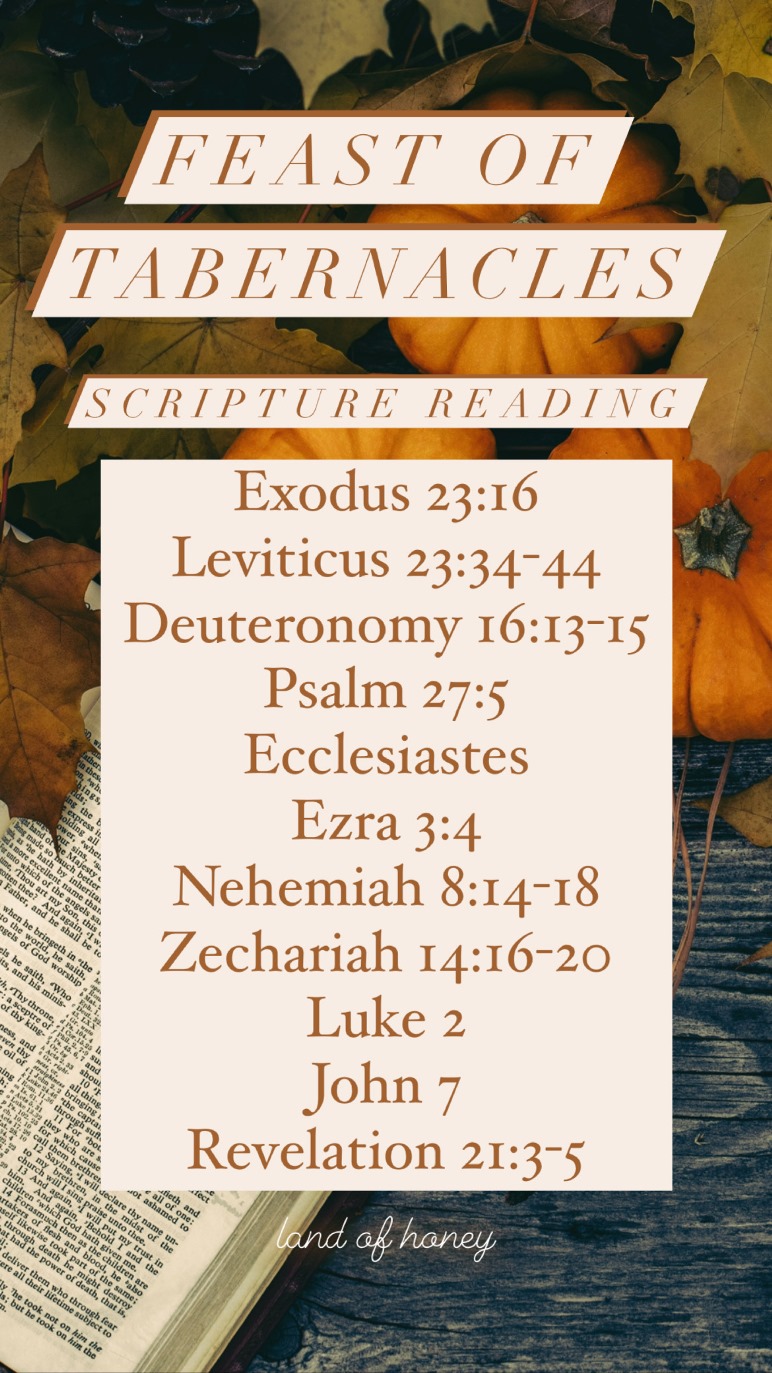Have you ever wondered what the set apart times are in the Bible? In addition to the weekly Sabbath, there are seven
times of the year that YHWH tells us to set apart. These times are special, and
not only because we are told to celebrate them. Each holiday has
significance historically, prophetically, and in the life of the Messiah. Paul wrote in Colossians that these times are a shadow of things to come. That means we have a lot to learn from these holidays.
The set apart times are:
Passover
Matzah Week / The Feast of Unleavened Bread
First Fruits
Shavuot / Pentecost / The Feast of Weeks
Yom Teruah / Feast of Trumpets
Yom Kippur / Day of Atonement
Sukkot / Feast of Tabernacles
While specific dates are given in Scripture, the
Biblical calendar doesn't mesh perfectly with the Gregorian so the dates move a
bit each year.
Needing clarification is the truth that these are not "Jewish holidays." No, no, no. These are part of Scripture, so if you are a Bible believer these are yours, regardless of nationality or bloodline or family traditions. While these have largely only been kept by Jewish people, YHWH never, ever says that only part of his people should celebrate them. Deuteronomy 16:14 expressly tells us that foreigners who join the community of YHWH's people should celebrate these days too, so no matter your background the Creator invites you to these times. He made them for his honor, but also for our enjoyment and erudition. Two of the greatest gifts ever bestowed on humanity - YHWH's instructions for living and the Holy Spirit - were given at Shavuot. The Messiah was born during the Fall Feasts and of course crucified on Passover and resurrected during Matzah Week. Perhaps the most joyous time in history will be on Yom Teruah at the returning of Yahusha. These times are stunning in their significance.
A brief overview of the set apart times:
Passover: In the Biblical year Passover is the very first feast. We see the Israelites keep Passover just before the Egyptian exodus. They were instructed to brush the doors of their homes with blood from a lamb, we are reminded that the Messiah was the perfect sacrificial lamb. That's not just an allegory either, Yahusha was killed on Passover.
The Feast of Unleavened Bread: This is a week long celebration that starts the day after Passover. Leavened/yeast bread and other products are forbidden this week. As yeast is a very small ingredient that rabidly transforms all the dough, we are reminded that the small things in our life make a huge impact. It was during this week when the Messiah rose from the dead.
First Fruits: This day happens during Matzah Week, but there is a lot of debate as to when. This is when the first of the barely harvest was to be presented before YHWH. First Fruits is the day the Messiah resurrected from the dead and presented himself to the Father. It is also when we are to start counting fifty days.
Shavuot: Fifty days after First Fruits we are to celebrate Shavuot. This is a day of great significance as the instructions on how to live were given at Mount Sinai and then shortly after Yahusha's ascension into heaven, the Holy Spirit was given on the day of Shavuot.
Yom Teruah: The first of the fall feasts, Yom Teruah means something like Day of Sounding. All those verses that talk about a trumpet sounding when the Messiah returns? It will happen on that day.
Yom Kippur: Under the Levitical priesthood this was a very significant day because it's the day that the priests made atonement for all of Israel's sin with the two goats. Today we can celebrate that the Messiah has atoned for our sins. Prophetically, it is thought that this will be the day that the earth is judged and the people who have been atoned for by Messiah will be separated from those who have not.
Sukkot: This is a beautiful look ahead to when YHWH will dwell or camp with us. With that in mind, it's no surprise that it is believed the Messiah was born during this time. This eight day celebration usually looks like a camping trip, with the commandment being to dwell in tents. Others build a temporary structure on their property and spend time there throughout Sukkot.
Why should we be keeping the feasts?
-We are told to keep these set apart times forever (Exodus 12:14). And you know what? This isn't a bad thing. These are times of joy. Thinking otherwise illustrates a lack of trust in our Creator, that we could think so negatively about him to believe he is hosting parties just so we can be miserable during them. This is not the case at all. Each set apart time is a gift from him; a time for celebration, rest, joy, thanksgiving, time with family and friends, delicious foods, and fun memories. I refuse to treat that like a burden.
-We see the Messiah celebrating these times in Scripture. He even hosts a Passover meal (also known as the last supper). And he is supposed to be our example, right? So one of the answers to those WWJD bracelets is, "celebrate the feasts!"
-Paul exhorts us to keep the feasts (1 Corinthians 5:8). Even after the Messiah was ascended into heaven we are told to keep these festivals.
-Scripture tells us not to let anyone judge us for doing this (Colossians 2:16). In his all knowing, YHWH knew we would be facing some peer pressure to not keep the feasts. I think that's why in Colossians he reminded us to not let other's opinions make our decisions for us. It's not man's choice. It's YHWH's instruction.
Are there benefits to celebrating YHWH's set apart times?
To quote Paul, "Much in every way." Most people keeping the cultural holidays do so because they feel like they are beneficial. The benefit could be that it's something fun to look forward to, or that it's an excuse to spend time with family and friends or to take a break from work, or that it's a way to celebrate love or show people you care. And these are for times that are man made or have very dark origins. How much more then can the Biblical holidays bring goodness into our lives? Here are a few of the opportunities you will have in keeping celebrating the Biblical holidays.
-Deeper relationship with the Messiah. Everything about the festivals points to him. We are going to get a a better understanding of who he is when we start celebrating the feasts. It gives us a closer look at his life (we know what he was doing at these times of year), and we can prophetically see what his return will be like.
-Taking ownership for faith in a concrete way. Believing and trusting can feel a little abstract at times. It is nice to do something tangible to grow in faith and relationship with YHWH. These are regular times to slow down and refocus on faith.
-Understanding Scripture in much more depth! The festivals are a significant part of both Old and New Testament Scripture. We are going to miss a lot of details if we aren't at least somewhat familiar with what these are. And we know that all of Scripture is useful for teaching, correcting mistakes, and training in character.
-Sharing experiences that those in the Bible had. Keeping Passover is something Moses did. And Miriam and Joshua. And the Messiah and the disciples. King Josiah and Apostle Paul too. How cool is it that we can relate to them in this way? These set apart times bring members of our faith together over thousands of years, and can make Scripture come alive to us.
-Building relationships with other believers. A Passover meal or Sukkot celebration is a great time to journey to be with others in the faith. Sharing these special times together can foster lasting friendships and meaningful relationships.
This is just a brief introduction to the feasts. There is so much more richness to each one! For more on individual feasts, go here.



































